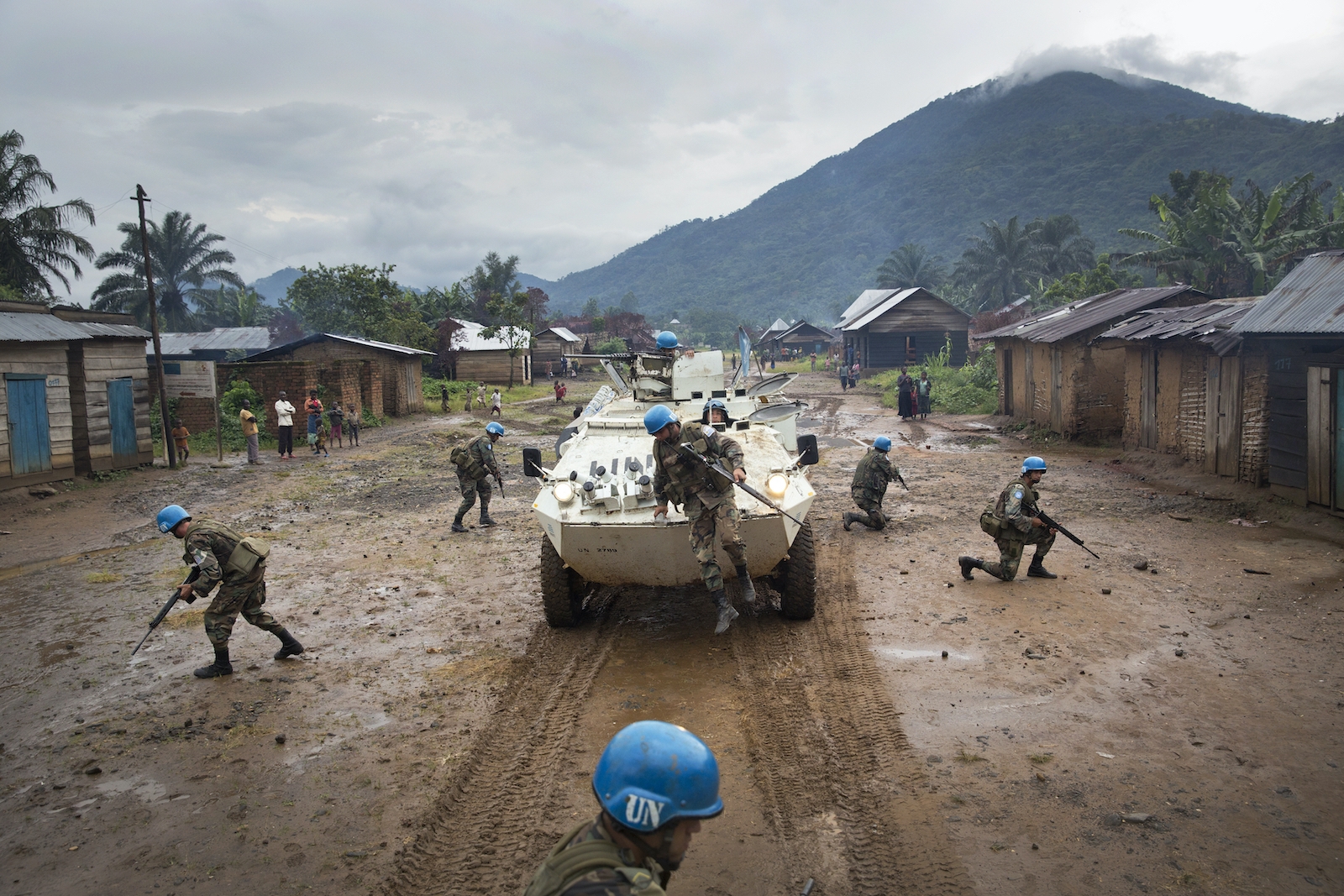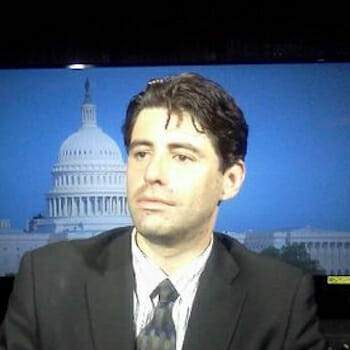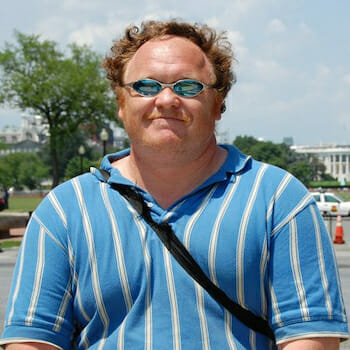
Yes, MONUSCO Needs To Stay in the DRC
The mandate of the United Nations Organization Stabilization Mission in the Democratic Republic of Congo (MONUSCO) was amended and renewed until 31 March 2018. The mission is now tasked to oversee and support the transitional election process in the troubled African nation, continue to protect civilians, but its maximum allocated force strength has been reduced by three thousand personnel.
MONUSCO has had a troubled history and while it is far from an ideal mission, withdrawing from the country would be even more problematic for the DRC.
A troubled past and present
On 31 March, MONUSCO’s mandate was renewed and extended until 31 March 2018. UNSC Resolution 2348 (2017) stresses that MONUSCO will now “support to the implementation of the 31 December 2016 agreement and the electoral process,” and also calls for “calls for joint operations by the FARDC [the Congolese military] and MONUSCO” to crack down on rebel movements.
What this “support” means is vague, apart from the resolution stating that MONUSCO will “provide technical assistance and logistical support for the electoral process, as appropriate and in coordination with Congolese authorities, the UNCT, regional and international actors, in order to facilitate the electoral cycle.” It is also noteworthy that the MONUSCO authorized force will now decrease to 16,215 military personnel, 660 military observers and staff officers,391 police personnel, and 1,050 personnel of formed police units.
The Democratic Republic of Congo has been in political turmoil since November 2016 when the country missed a deadline for presidential elections. President Joseph Kabila’s controversial actions to remain in power sparked a new wave of protests demanding that it is time for him to step down (he has been in office since 2001). A 31 December 2016 peace accord between the government and opposition forces states that new elections will occur sometime in the latter part of 2017.
Thus, MONUSCO is now in a very undesirable situation as it is tasked to support an election agreement that has yet to be fully implemented without appearing to give preference to either side.
Discussion
In spite of multiple, and very well recorded, shortcomings and tragic flaws (including troubling accusations of human rights violations committed by peacekeepers), MONUSCO needs to remain in the DRC for the foreseeable future. Its mandate and activities must be revised and reformed, but the peacekeeping operation must continue, if for no other reason than this is, arguably, the only way for the international community to engage with the African country.
Since its inception as MONUC in 2001, the peacekeeping operation has been a major provider of jobs for Congolese citizens, as they make up a significant portion of MONUSCO’s bureaucracy. In a country with a large population living on as little as $2 per day, in spite of its abundant natural resources, removing this vital source of revenue would have a negative impact on the national economy.
Additionally, MONUSCO peacekeepers actually do carry out operations that help the Congolese population. For example, the Uruguayan deployment (1,154 troops and experts on mission, as of February) has provided humanitarian assistance such as the April 2017 donation of sports clothing to an artist school in Goma as well as the donation of toys and clothes to an orphanage in the same city in March. Certainly, what DRC requires the most is (political and economic) stability, development, and peace, but these humanitarian operations should not be brushed aside. MONUSCO, through its regional intervention brigade provided by the Southern African Development Community (SADC), has also supported the FARDC forces to crack down on rebels in the Eastern part of the country.
As recently as 10 April, DefenceWeb reported that “more than 1 300 [South African] National Defence Force (SANDF) personnel and SA Air Force (SAAF) rotary-winged aircraft, including three Rooivalk attack helicopters,” will continue to operate in MONUSCO, in spite of the smaller overall force given the new mandate. The article notes that “MONUSCO remains the only UN mission with an offensive mandate through its [Force intervention Brigade], staffed by South Africa, Tanzania, and Malawi.” Nevertheless, the country’s vast territory and the multitude of rebel movements make this a difficult task, particularly as some of them may be receiving support from not only foreign powers (e.g.. Burundi and Rwanda) but also from elements within FARDC itself.
Certainly, harsh punishments for any peacekeeper accused of accepting bribes, engaging in illegal activities, or even committing a crime must be carried out. Moreover, the quality of the troops that are given to MONUSCO is a concern. It is well known that developing nations are fond of participating in peacekeeping operations due to the additional income that they receive, but this may result in unqualified personnel being deployed abroad, which increases the possibility of them committing acts unbecoming a peacekeeper (sadly there are a plethora of recent reports about violations, particularly sexual abuse, committed by UN peacekeepers). One solution may be to further reduce the size of MONUSCO and put greater emphasis on the types of troops that take part in it. Expanding the Force Intervention Brigade’s strength while extracting redundant, unqualified peacekeeper troops may be one way to go to improve MONUSCO’s operations.
Another issue with MONUSCO is what could possibly happen if it withdraws. At the security level, in spite of ongoing criticisms, the mission does support FARDC operations against rebels. The FIB stands as a strong example of this as joint FARDC/FIB operations help defeat the M-23 rebels back in 2013.
Withdrawing would hurt the FARDC and leave the country at risk of a new internal civil war with all these movements sprouting, as the FARDC is generally unqualified to protect the nation or its citizens. A 2016 report by the Atlantic Council notes that the rebels “pose no conceivable threat to far-away Kinshasa, [but] they have, nonetheless, prevented the emergence of either reliable stability or economic development in the eastern Congo.” While rebels may not be able to topple Kabila, security forces likewise appear unable to defeat rebel movements. Hence, MONUSCO’s role is important to carry out a drastic security reform of the FARDC (particularly to train its personnel to not commit human rights abuses or recruit child soldiers) so that it can protect the country’s borders and population without having to rely on MONUSCO in general and the FIB in particular.
If not MONUSCO, then whom?
To be blunt, MONUSCO is the sole agency from the international community working with any success in the DRC. At a 10 April conference held at the Brookings Institute, a major think tank in Washington, it was mentioned that the U.S. has yet to assign an ambassador to the DRC, and there is still no Undersecretary of State for African affairs either.
Turning to Europe may be an option since, after President Kabila did not leave office in December 2016, there were reports that former colonial power Belgium and the European Union would “re-examine” their relations with the DRC. Nevertheless, on 11 April the EU announced that “humanitarian partners in the Democratic Republic of Congo…will receive the main bulk (€22.7 million) of the [humanitarian assistance] funding allocated for the Great Lakes region.” While the continuation of humanitarian assistance is important, there is no clear stance on the DRC by the EU or individual states.
Ideally, there should be African solutions to the crisis. Unfortunately, other African states have their own problems that hinder their ability to focus in the DRC, like for example South Africa’s internal political crisis, or the African Union’s role in Somalia to combat Al Shabab. Meanwhile, the main regional body, the SADC, has undertaken efforts to support the actions of President Kabila as he seeks to remain in power. Likewise, some of DRC’s immediate neighbors, like Burundi and Rwanda, back rebel movements in the country, putting their neutrality in question.
Final thoughts
The dire situation in the DRC has made MONUSCO too big to fail. A collapse in the country could lead to regional actors that had intervened in the previous conflict to enter again in a scramble for resources. Hence, 2017 will be a critical year as it will dictate the DRC’s future for both the short and long term, depending on whether President Kabila remains in power or not. How the DRC political and security crisis is resolved will inevitably have a lot to do with MONUSCO’s actions, the sole international agency with a strong presence in the African state, as it strives to be both a source of mediation for political conflict resolution as well as an armed entity that can help the country achieve some semblance of internal security vis-à-vis the plethora of rebel movements that operate there nowadays.
The authors wish it to be known that the views presented in this essay are their sole responsibility and do not necessarily reflect those of any institutions with which the authors are associated.

